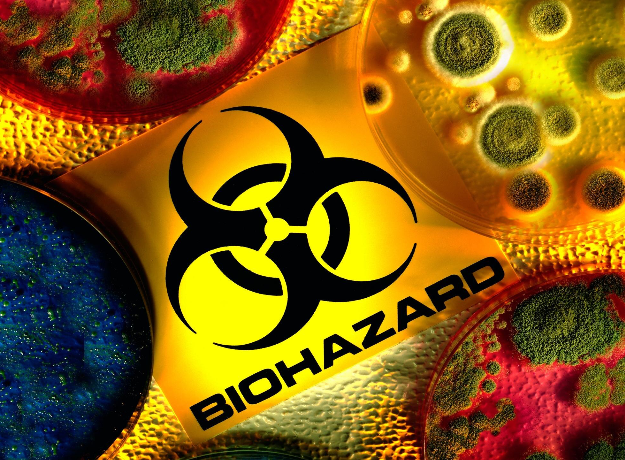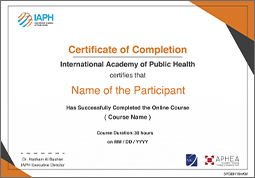Principles of Toxicology
Description
This course focuses on the fundamentals of toxicology and the mechanisms by which environmental and occupational chemical agents affect human health. The principles and mechanisms will be approached in three areas: 1) General principles: Route of exposure; dose response; absorption, distribution, storage, metabolism and excretion; 2) Effects on target organs: liver, kidney, blood, respiratory system and nervous system; and 3) Application of the principles of toxicology using: solvents, pesticides and metals. At the end of this course, the participant will be able to apply the principles of toxicology for compounds found in the environment and workplace.
Learning Outcomes
- Explain the impact of the conditions of exposure, routes, duration, and frequency on the toxic effects of compounds
- Explain and interpret the relationship between dose and the toxic response
- Describe the processes of absorption, distribution, storage, and excretion and apply the principles of toxicant transport across membranes to the uptake, action and excretion of chemical agents
- Describe and characterize the types of reactions in Phase I and Phase II metabolic pathways and give prototypical examples of each
- Explain mechanisms whereby toxicants cause injury to the liver, kidney, lung, and nervous system and give examples of prototypical toxicants for each organ
- Identify the acute and chronic effects of hydrocarbons, halogenated hydrocarbons, pesticides, and heavy metals; characterize their mechanisms of toxicity, and describe measures to preventive or decrease toxic effects
- Introduction to Toxicology.
- Toxicodynamics and Toxicokinetics.
- Reproductive Toxicity, Immunotoxicity, and Skin Toxicity.
- Pesticides Toxicity.
- Metals Toxicity.
- Respiratory Toxicology.
- Hepatotoxicity and Nephrotoxicity.

Duration:
30 Learning Hours
Accredited By:


Certificate

Are you interested in the course?
Get notified once the course is open by clicking on
Principles of Toxicology
Thank you for registering your interest! We appreciate your enthusiasm for this course. As soon as it becomes available, we will reach out to you with all the details. Stay tuned!